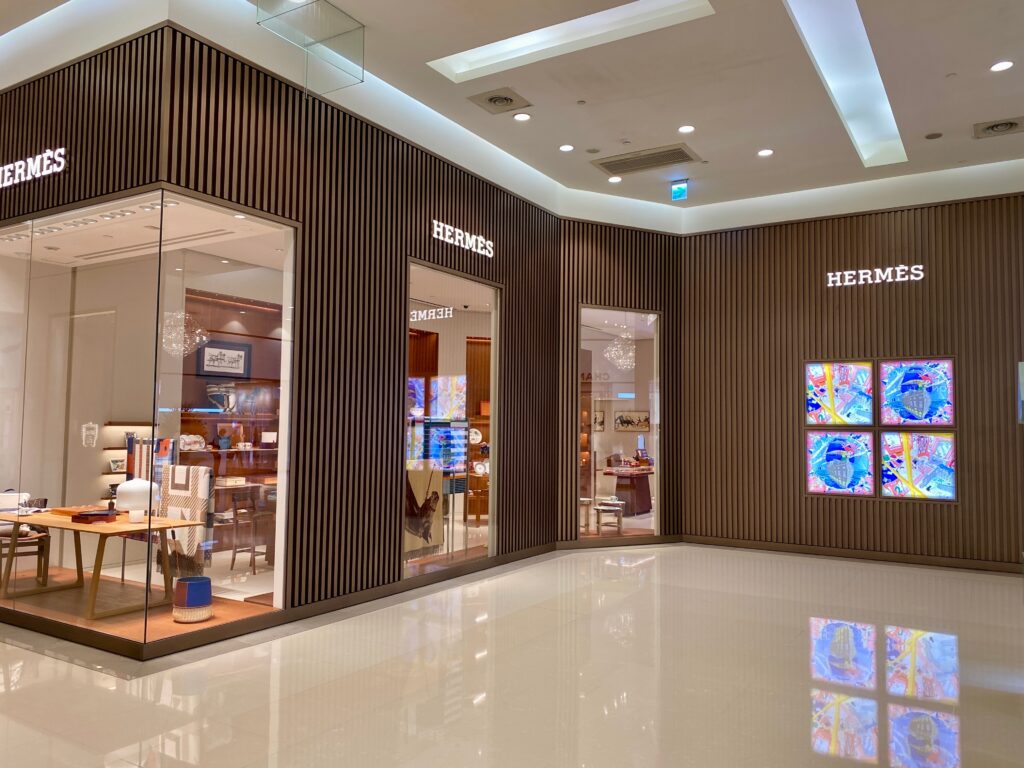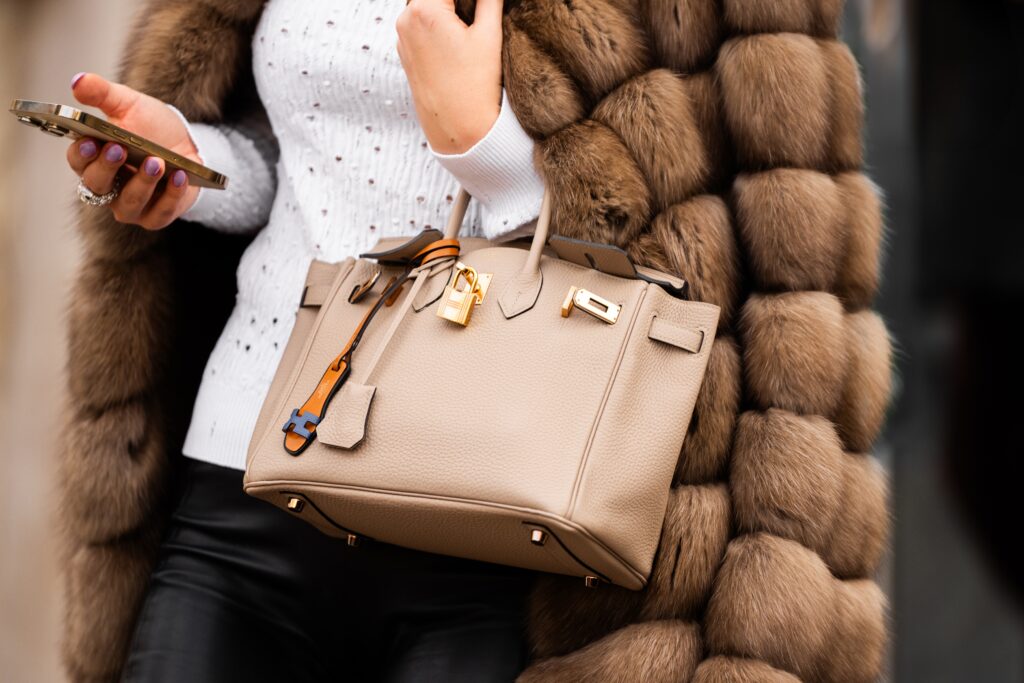The luxury fashion world is often fraught with controversy, and the latest legal battle involves the iconic French brand Hermes, specifically regarding its coveted Birkin handbags. A recent lawsuit has drawn attention to the brand’s lottery system for purchasing these highly sought-after items, raising questions about fairness, exclusivity, and consumer rights.
Background: The Birkin Bag Phenomenon
Since its introduction in the 1980s, the Birkin bag has become synonymous with luxury and status. Crafted from premium materials and often featuring meticulous handwork, these handbags can fetch prices ranging from several thousand to tens of thousands of dollars. Due to their limited availability and high demand, the bags are frequently sold out, prompting Hermes to implement a lottery system to allocate purchases.

The Lottery System Explained
Hermes‘ lottery system for acquiring a Birkin bag operates as a randomized selection process. Interested customers must enter the lottery for a chance to purchase a bag at retail price. While this approach aims to create a fair opportunity for all customers, critics argue that it has fostered a sense of frustration and exclusivity that is counterproductive to the brand’s heritage of craftsmanship and accessibility.
The Lawsuit: Key Allegations
The lawsuit against Hermes centers on several key allegations, primarily focused on claims of deceptive business practices. Plaintiffs argue that the lottery system misleads customers into believing they have a genuine chance of acquiring a Birkin bag, while in reality, the process favors certain buyers—such as high-profile clients, celebrities, and resellers—who have established relationships with the brand.
Additionally, the lawsuit highlights concerns about transparency in the lottery process. Consumers claim that they are not adequately informed about how the system operates or the criteria used to select winners, leading to feelings of disillusionment and betrayal.
Implications for Hermes and the Luxury Market
If the lawsuit gains traction, it could have significant ramifications for Hermes and the broader luxury market. The case raises critical questions about the ethics of exclusivity in luxury brands. Should companies like Hermes be held accountable for their allocation methods, particularly when they create a perception of unfairness among consumers?
Moreover, the lawsuit may prompt other luxury brands to reassess their purchasing practices. Many high-end companies employ similar strategies to manage demand for exclusive items, and a ruling against Hermes could set a precedent for legal scrutiny in the industry.

Consumer Rights and Luxury Shopping
This lawsuit also brings to light broader issues related to consumer rights in luxury retail. Shoppers often invest considerable time and money in their attempts to secure high-demand items. As consumers increasingly seek transparency and fairness, brands may need to reconsider how they engage with their clientele.
Additionally, this situation reflects the evolving nature of luxury shopping, where exclusivity is both a selling point and a potential liability. Brands that rely on a sense of scarcity may find themselves facing backlash as consumers demand more equitable practices.
The ongoing lawsuit against Hermes over its lottery system for Birkin handbags is more than just a legal battle; it encapsulates the tensions between luxury, exclusivity, and consumer expectations in today’s market. As the case unfolds, it will be essential to monitor its implications for both Hermes and the luxury industry at large. The outcome could very well influence how high-end brands approach exclusivity and consumer engagement in the future, shaping the landscape of luxury shopping for years to come.